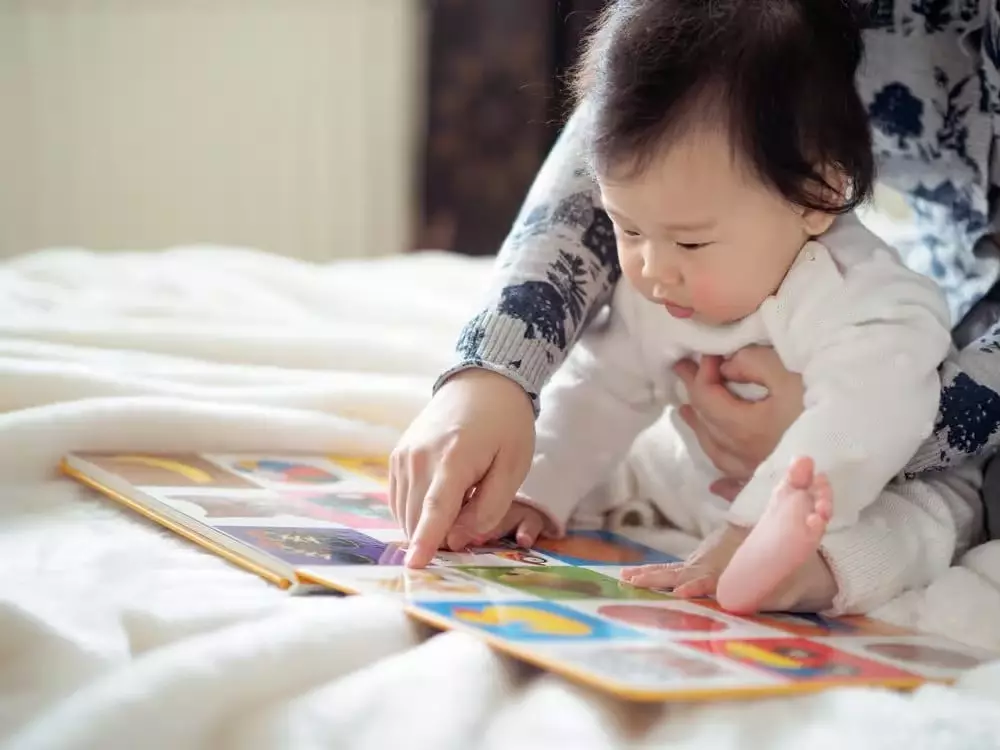In today’s busy world, parents are often juggling multiple responsibilities, but fewer are recognizing the profound impact reading aloud early in a child’s life can have. Thanks to local libraries promoting initiatives like reading 1,000 books before kindergarten, an emerging trend is inspiring parents to prioritize story time as an integral part of their lives. This push aligns with guidelines set by the American Academy of Pediatrics, which recommends that parents start reading to their children from the moment they are born. As I’ve navigated this journey with my own child, I’ve discovered that this practice is not just beneficial but transformative in ways I could have never predicted.
Much of the evidence leading to this assertion is found in reports like Scholastic’s sixth annual Kids & Family Reading Report. This survey revealed that a remarkable three-quarters of parents with children under five are embracing this trend, initiating reading rituals before their little ones reach one year old. Surprising growth is also seen in the significantly increased number of parents launching into reading before their babies turn three months. Such findings confirm what many parents are starting to intuitively understand: that even the smallest children, who seem more focused on wiggling than understanding words, can absorb the joy and rhythm of reading.
The Connection Between Reading and Development
The benefits of reading aloud extend far beyond mere entertainment. Experts assert that reading to infants stimulates essential brain development and fortifies the bond between parent and child. This critical period of growth undoubtedly shapes a child’s cognitive and emotional pathways, promoting language skills and emotional intelligence that will serve them throughout their lives. I found tremendous comfort in knowing that my habitual readings—often accompanied by my child’s predictable requests for “more” of the same book—were not only introducing him to different animals but also enriching our relationship and enhancing his learning capacity.
Tracking data from the Scholastic survey also suggests a pattern in how children engage with books. It’s striking to note that two-thirds of parents report reading multiple books at each session with their little ones. This practice becomes even more pronounced when children begin selecting their own titles, asserting their preferences as early as two. I’ve personally experienced the dilemma of a toddler who suddenly becomes partial to the same story, pulling it from the shelf with an intensity that rivals the most ardent bookworms.
This early introduction to literature has compelling long-term implications. Research has indicated that interactive reading experiences, particularly with mothers, significantly correlate to a child’s vocabulary by the time they reach school age. In a four-year study, children who were consistently read to displayed superior linguistic abilities, which then predictably influenced other key milestones. Carolyn Cates, a primary researcher, emphasized that early reading practices leave lasting echoes that resonate into the formative years of elementary education—an affirmation every parent should take to heart.
The Future of Young Readers
As more parents embrace reading in their children’s lives, one can’t help but speculate about the future generation of learners. Are we on the verge of nurturing a wave of articulate, empathetic, and inquisitive kids due to these simple but profound moments of connection? It’s delightful to consider that many children may indeed reach the ambitious target of hearing 1,000 books before even stepping foot in kindergarten.
To further support this literary endeavor and track developmental milestones, innovations like the ParentPal app have emerged. Designed specifically for modern parenting needs, it offers essential resources that help track activities ranging from storytime to sleep schedules. This integration of technology into parenting could serve as the complementary force that guides new parents, ensuring they remain proactive about their child’s development while maintaining the essential warmth and interaction that comes from reading together.
In a world filled with diverse parenting challenges, choosing to read aloud is one of the simplest yet most impactful decisions a parent can make. Even if it feels repetitive or like an afterthought, each reading session nurtures the mind and spirit of a child, paving the way for brighter tomorrows. Not only are we cultivating young readers; we’re building the foundation for future innovators and leaders—one story at a time.

